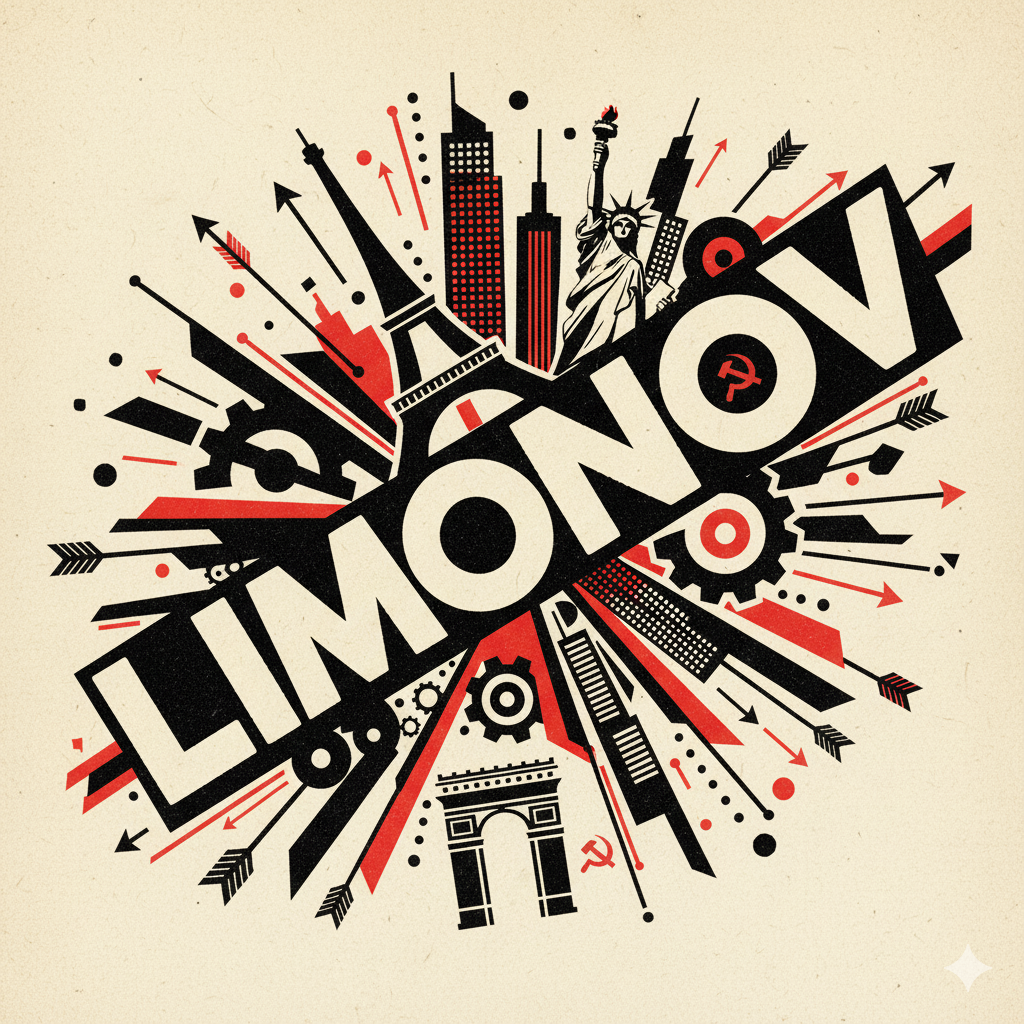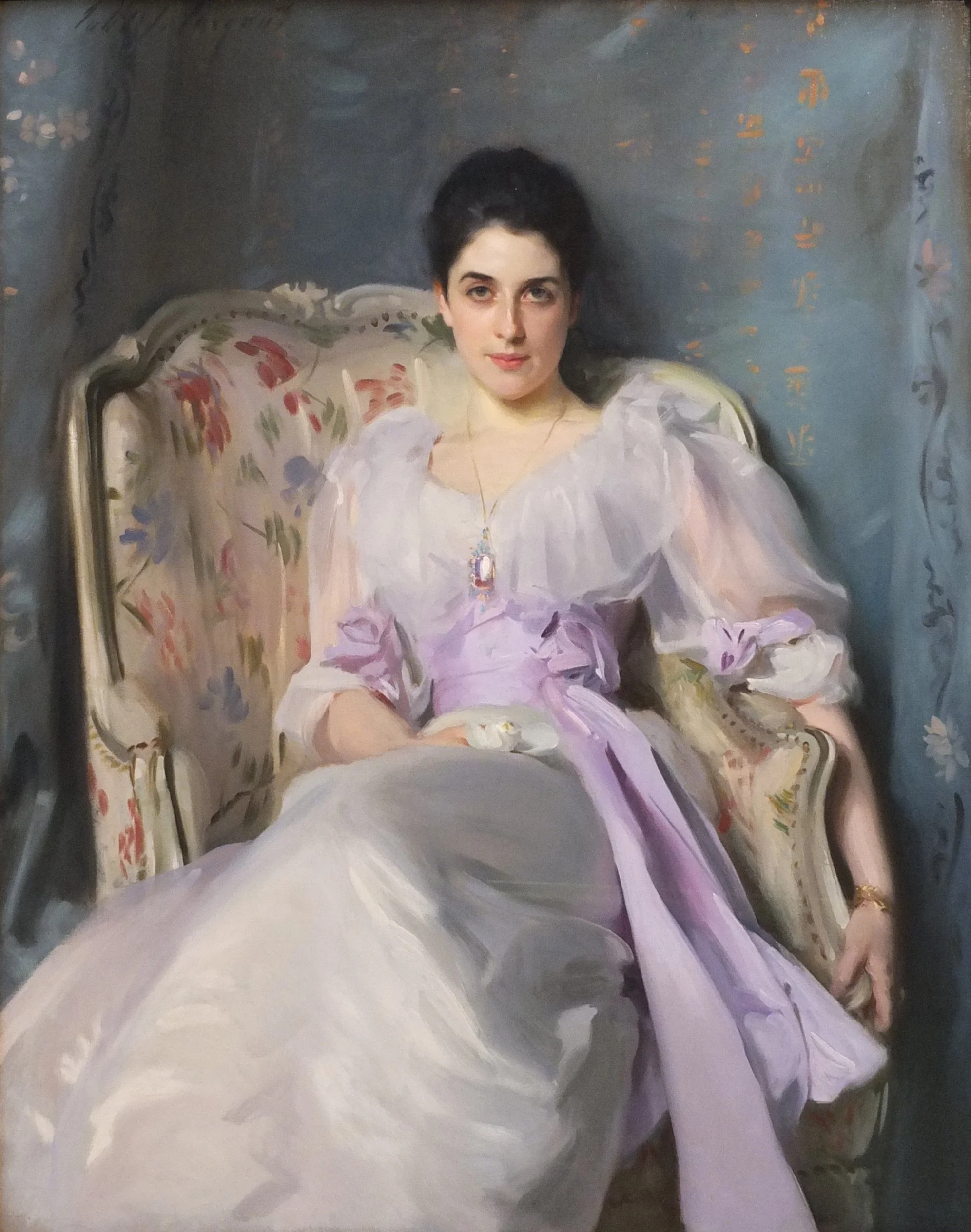Pascal Quignard (born 1948) is one of France's most distinguished contemporary writers, known for his erudite yet poetic explorations of music, history, and human passion. He has received numerous literary honors throughout his career, including the Prix Goncourt in 2002. Quignard brings deep musical knowledge to his literary work, creating texts that blur the boundaries between fiction, historical meditation, and philosophical essay.
Tous les matins du monde, published in 1991, tells the story of Marin Marais, a 17th-century viol player, and his apprenticeship under the mysterious and reclusive master Monsieur de Sainte-Colombe. Set in the era of Louis XIV, the novel explores the relationship between the ambitious young musician and his austere teacher, a man consumed by grief for his late wife and devoted to the purity of his art. The story unfolds around Marais's romantic entanglements with Sainte-Colombe's two daughters, Madeleine and Toinette, and his eventual choice between artistic integrity and worldly success at the royal court.
Written in Quignard's characteristic spare, contemplative prose, the novel reads like a meditation on art, loss, and the ephemeral nature of beauty. The narrative moves with the unhurried pace of a baroque musical suite, weaving together moments of intense emotion with passages of philosophical reflection. Quignard's writing captures both the melancholy resonance of the viol and the austere beauty of 17th-century life, evoking the atmospheric world of painters like Lubin Baugin and Georges de La Tour, creating an atmosphere where music becomes a language for expressing the inexpressible.
The novel achieved remarkable success beyond the literary world when Quignard collaborated with director Alain Corneau to adapt it for the screen the same year. The film won seven César Awards including Best Film and became a cultural phenomenon, selling over two million tickets in France.








